Want expert tips or a bit of escapism? Unwind with one of these books, chosen by Kirstie Duhig, or reviewed in BBC Wildlife magazine.
Books on mental health, mindfulness and connecting with nature
Mindful Thoughts for Birdwatchers: Finding awareness in nature
By Adam Ford. Published by Leaping Hare Press.
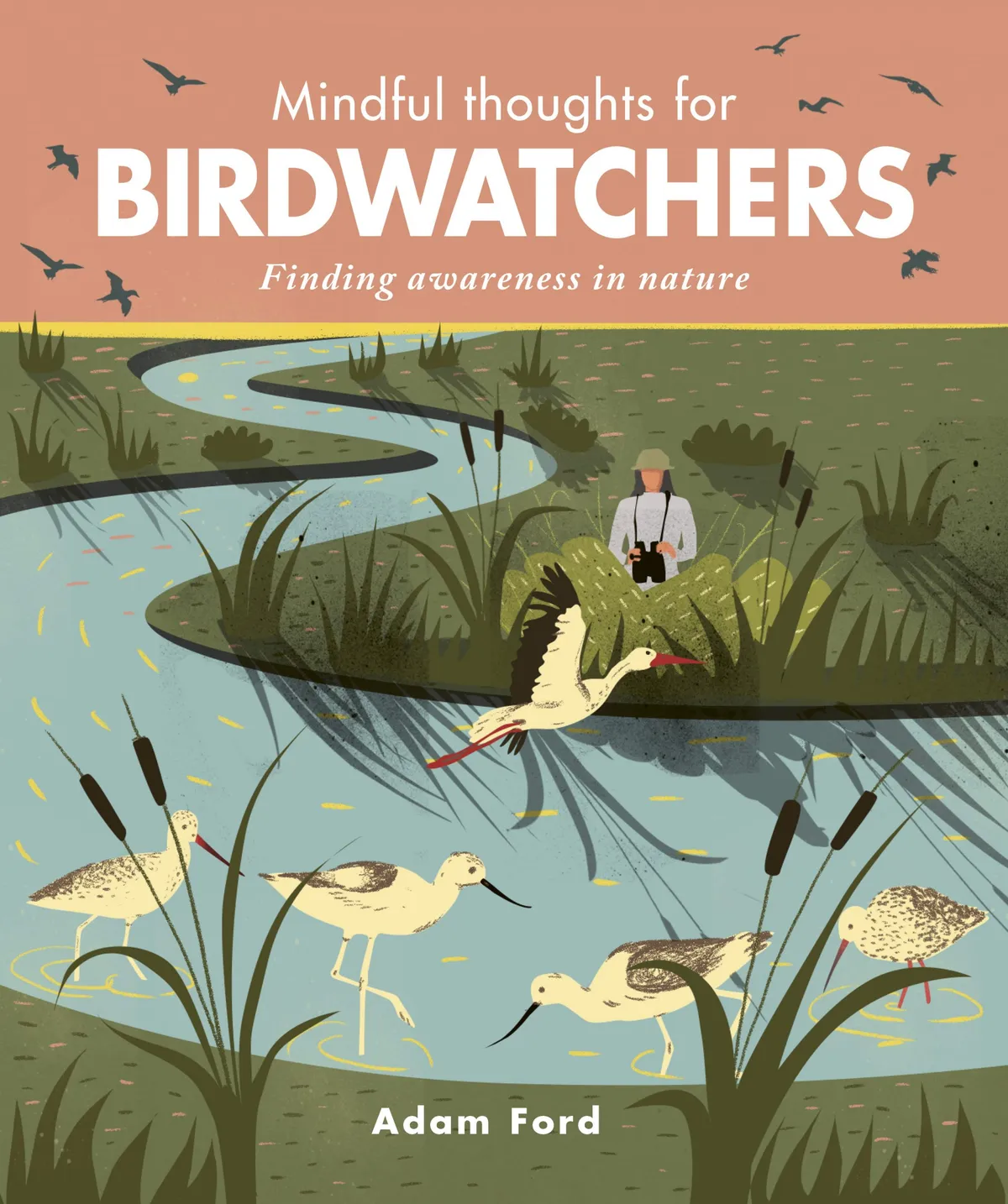
Discover hidden birdlife in the city, the art of listening deeply and why birdwatching is so good for our wellbeing, all interspersed with Adam Ford’s mindful thoughts on the interconnectedness of nature.
The Nature Fix: Why Nature Makes Us Happier, Healthier, and More Creative
By Florence Williams. Published by W. W. Norton & Company.
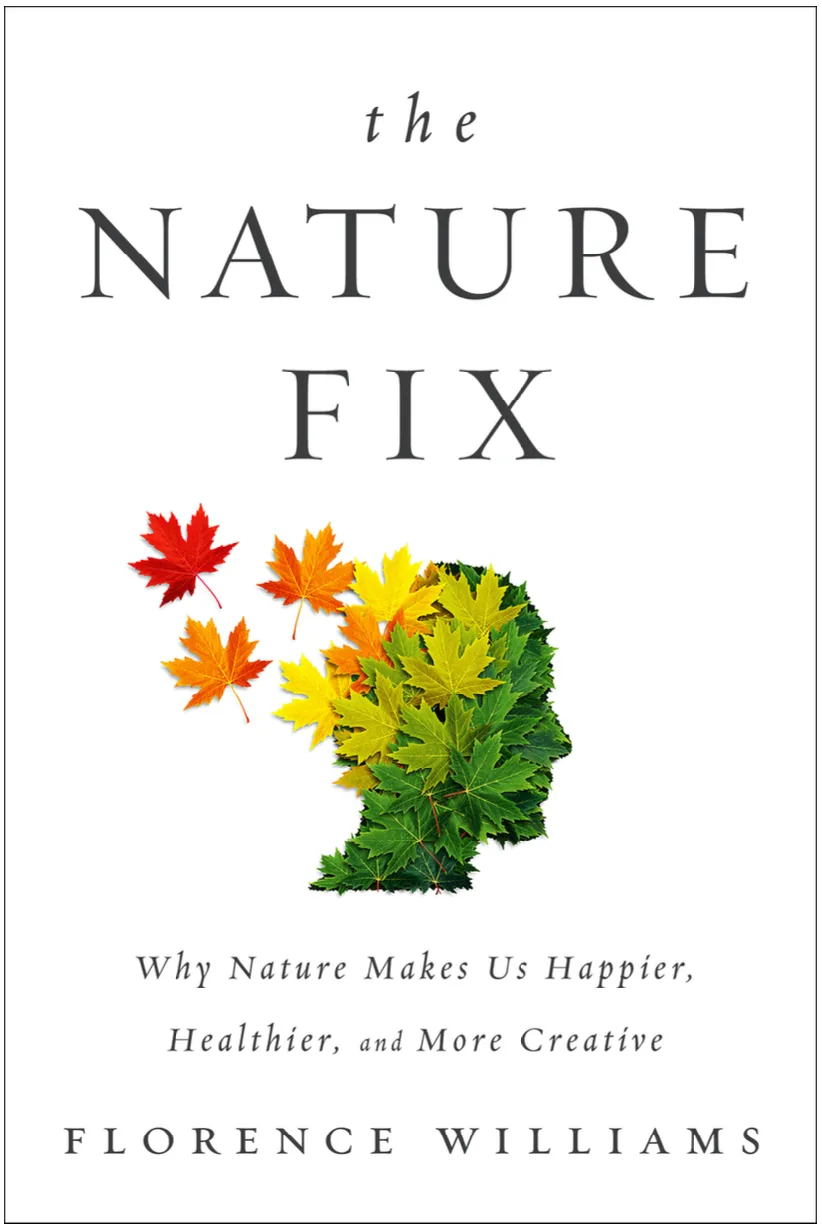
As she sets out to discover the science behind nature’s positive effects on the brain, Florence Williams’ journey takes her from rural Scotland to South Korean cypress forests and demonstrates that even small amounts of exposure to the natural world can improve our creativity and boost our mood.
The Wild Remedy: How Nature Mends Us - A Diary
By Emma Mitchell. Published by Michael O’Mara.
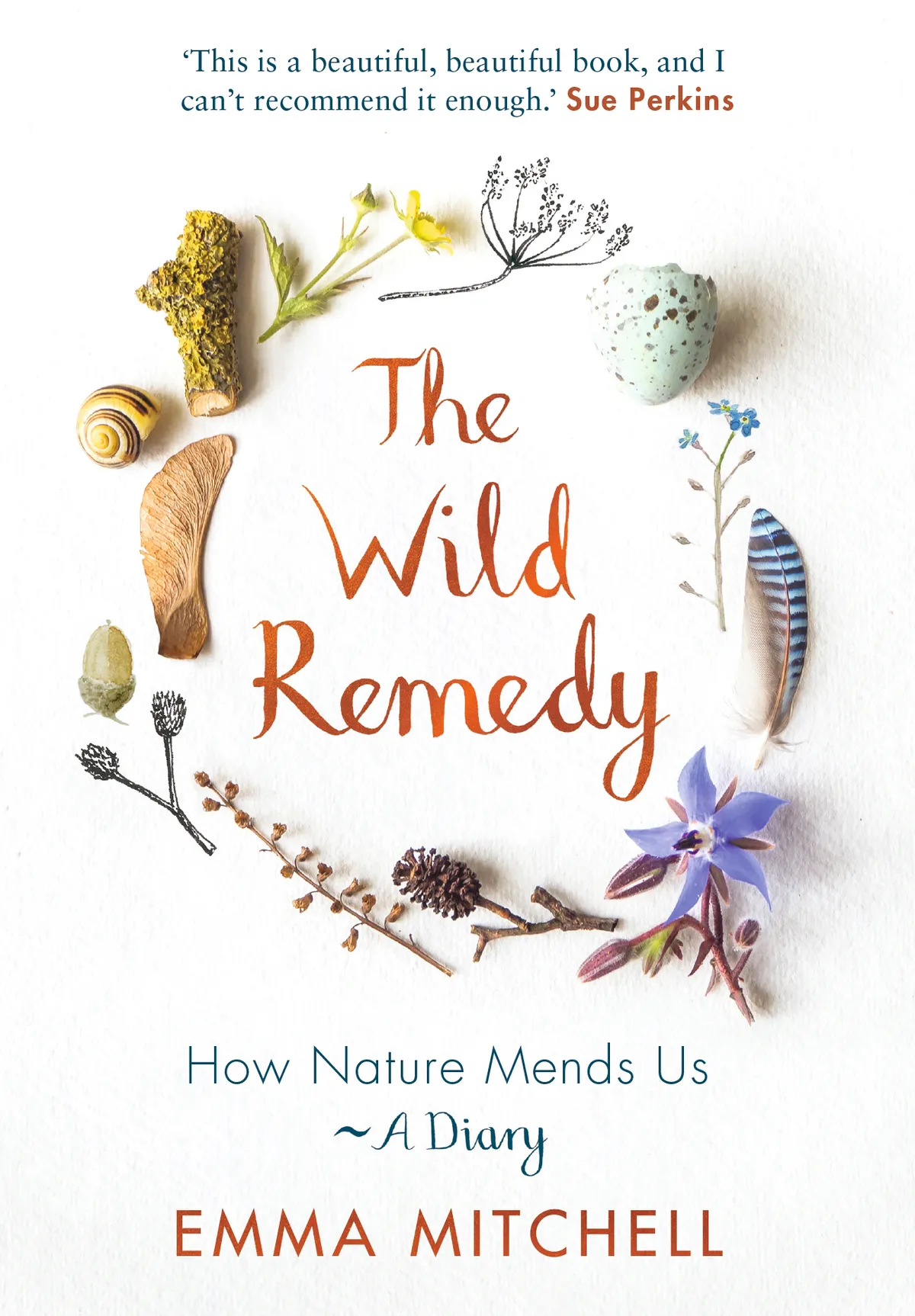
An honest and moving account of Emma Mitchell’s woodland walks, nature finds and wildlife discoveries over the course of a year – including 100 hand-drawn illustrations and 40 colour photographs by Emma – The Wild Remedy details how each encounter with nature significantly influenced her mental wellbeing.
Read an extract from The Wild Remedy by Emma Mitchell, and try out Emma Mitchell's recipe for an autumnal berry cocktail from her Making Winter book.
Bird Therapy
By Joe Harkness. Published by Unbound.
- Buy now from Waterstones (£9.99).
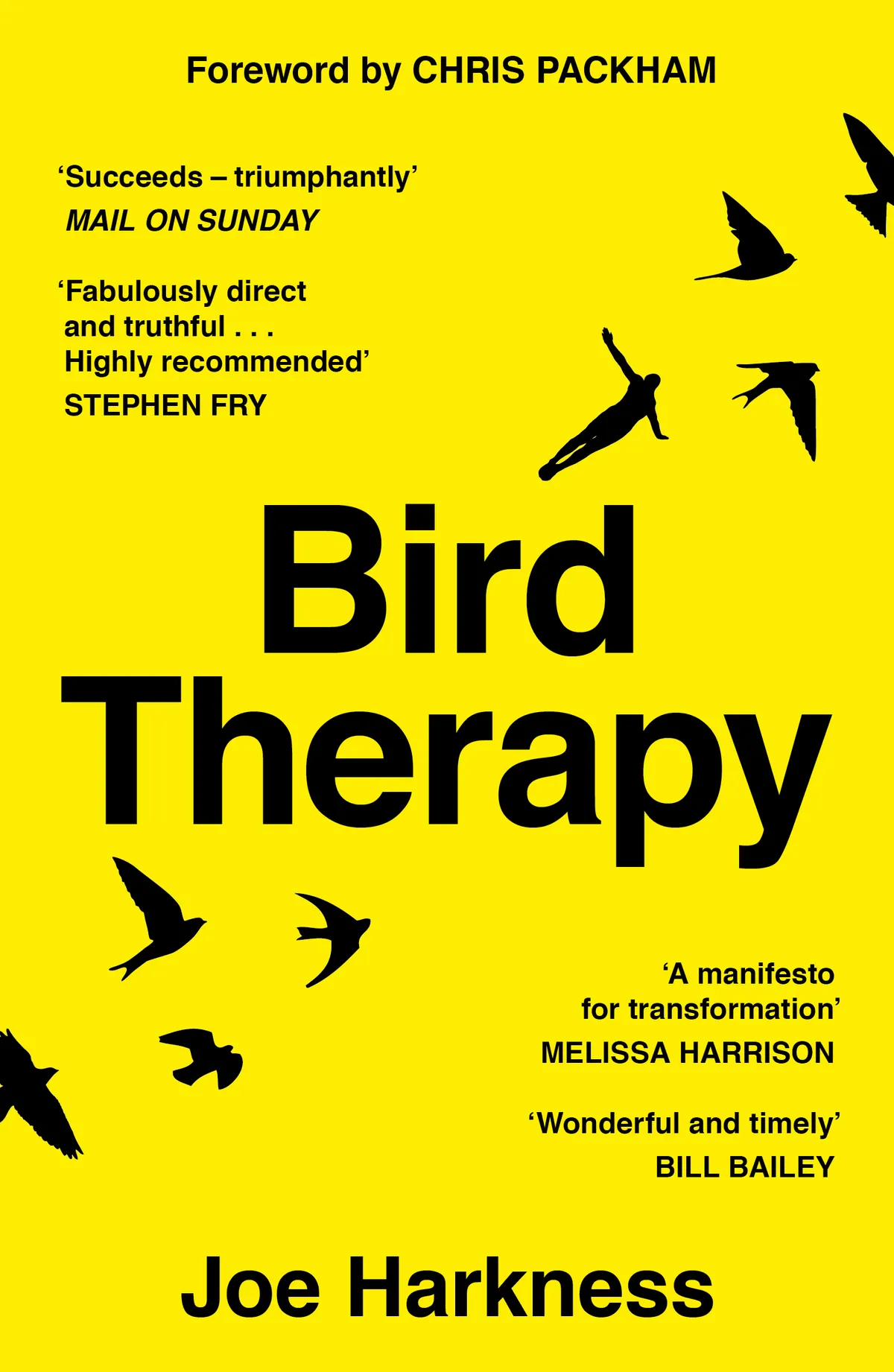
This deeply touching and inspiring book began its life as a blog, recounting Joe Harkness' experience of anxiety, depression and breakdown and the surprising, subtle and yet profound way watching birds helped to heal his mental health. Filled with practical advice, Harkness invites us to discover the therapeutic benefits for ourselves.
Read Joe Harkness' feature for BBC Wildlife on mental health and birdwatching.
The Almanac Journal
By Lia Leendertz. Published by Mitchell Beazle.
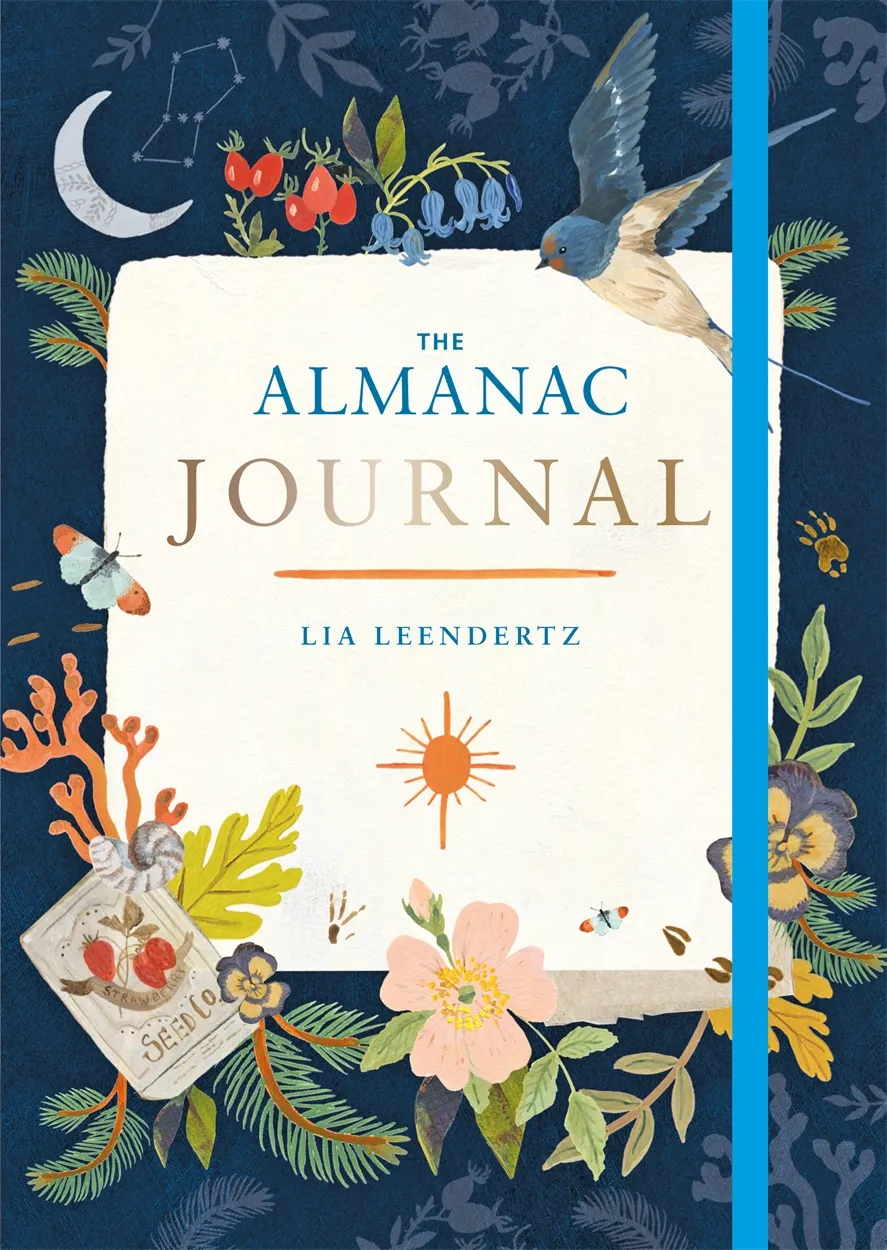
Lia Leendertz is the creator of The Almanac – A Seasonal Guide to 2020, a beautiful reinvention of the traditional rural almanac, which invites us to connect with and appreciate nature and the seasons.
Newly released is The Almanac Journal – a place to create your own personal almanac, starting and ending at any point in the year, with spaces for sketches, notes, recipes, pressed flowers and more.
By the Sea: The therapeutic benefits of being in, on and by the water
By Dr Deborah Cracknell. Published by Aster.
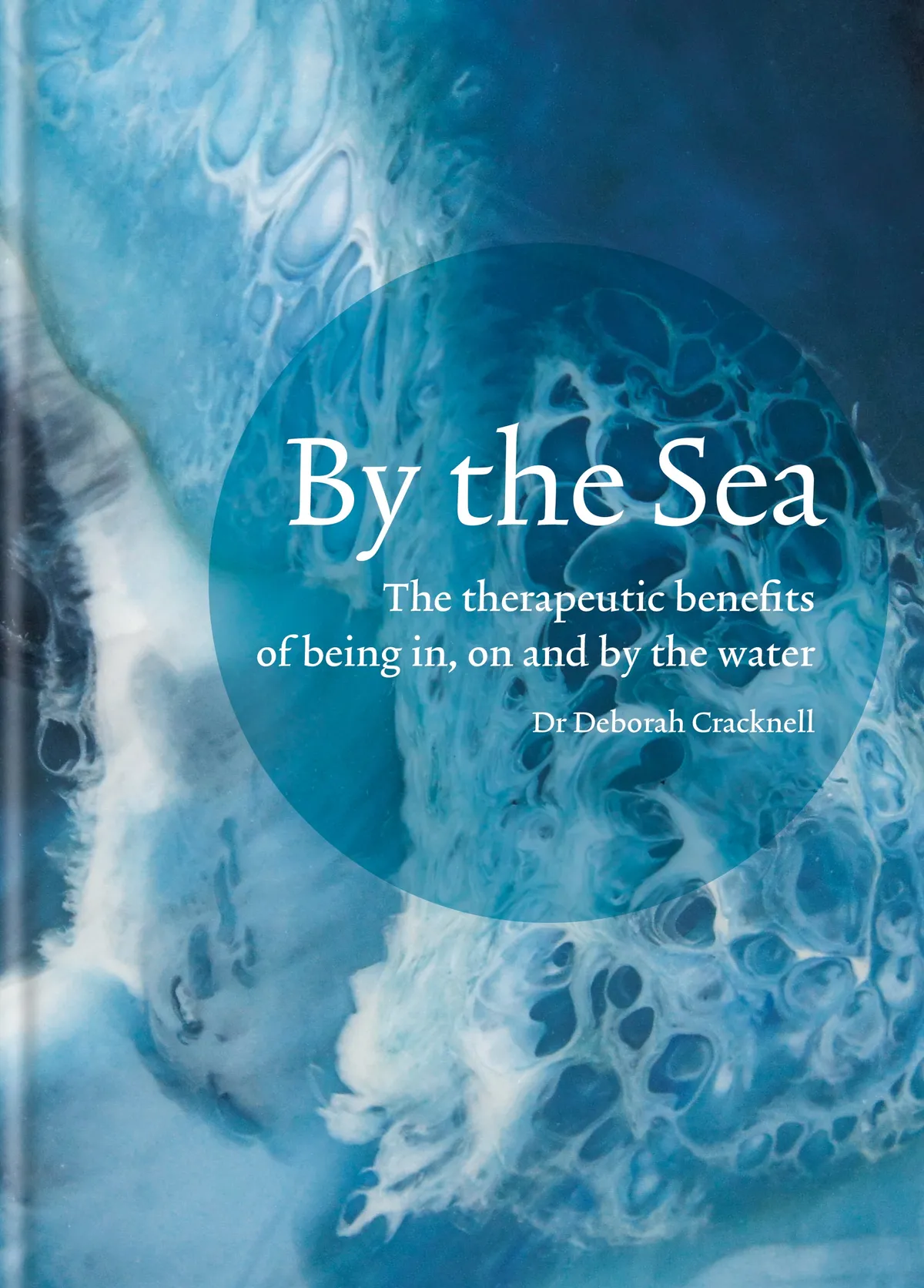
We know, instinctively, that being by the sea is good for us. Marine biologist Dr Deborah Cracknell sets out to explore the science behind our relationship with the ocean and its power to enhance our wellbeing, with tips on deepening this connection, as well as highlighting the threats our oceans face and how we can care for them.
Dark Skies – A Journey into the Wild Night
By Tiffany Francis. Published by Bloomsbury.
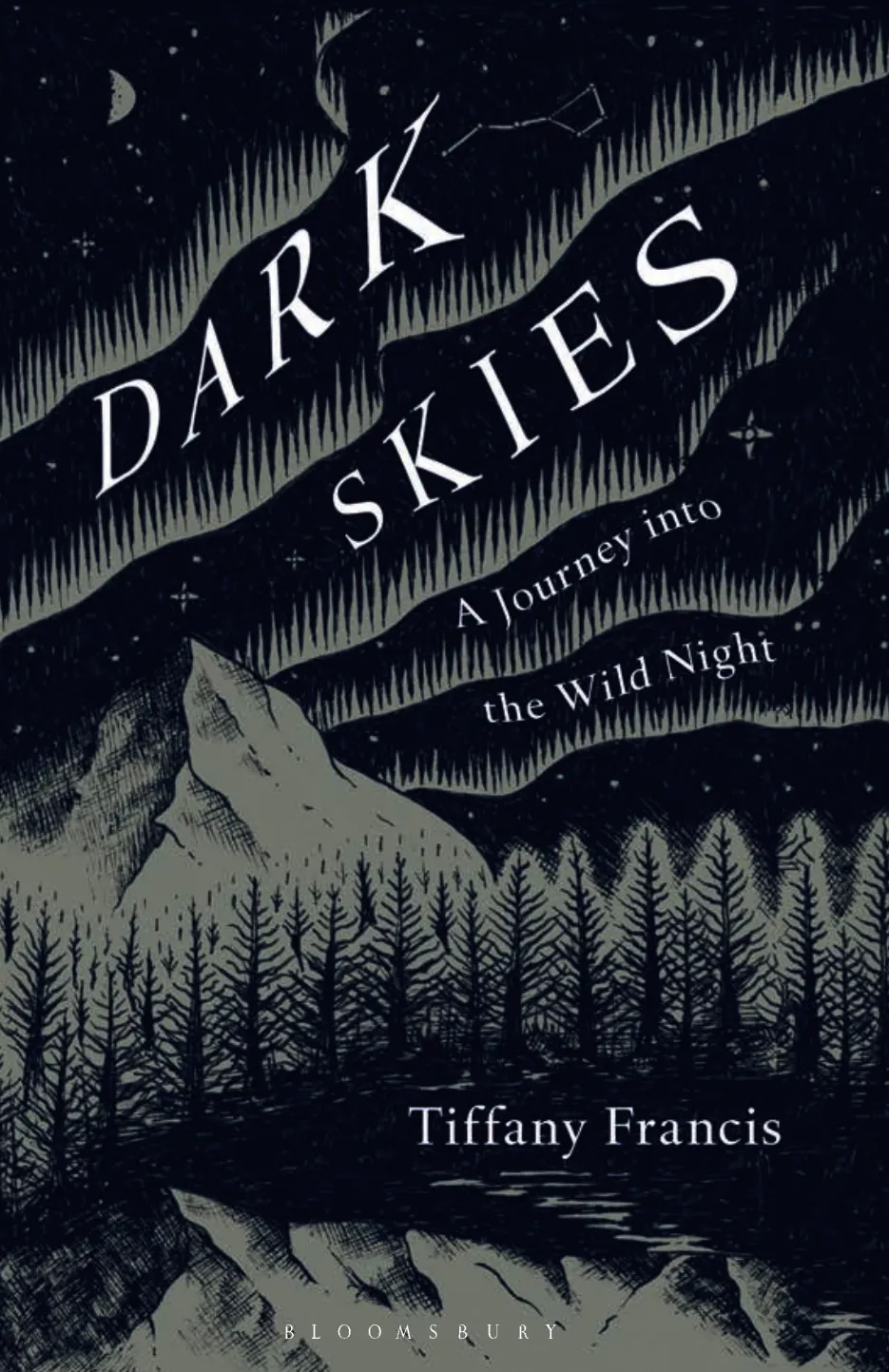
Writer, artist and environmentalist Tiffany Francis travels through nightscapes in the UK and Europe, from Finland and Arctic Norway to a nocturnal sail down the UK’s River Dart, in this exploration of how our wellbeing is linked to our relationship with nature and the dark.
Enjoy Tiffany Francis' recipes from her Food You Can Forage book.
Ring The Hill
By Tom Cox. Published by Unbound.
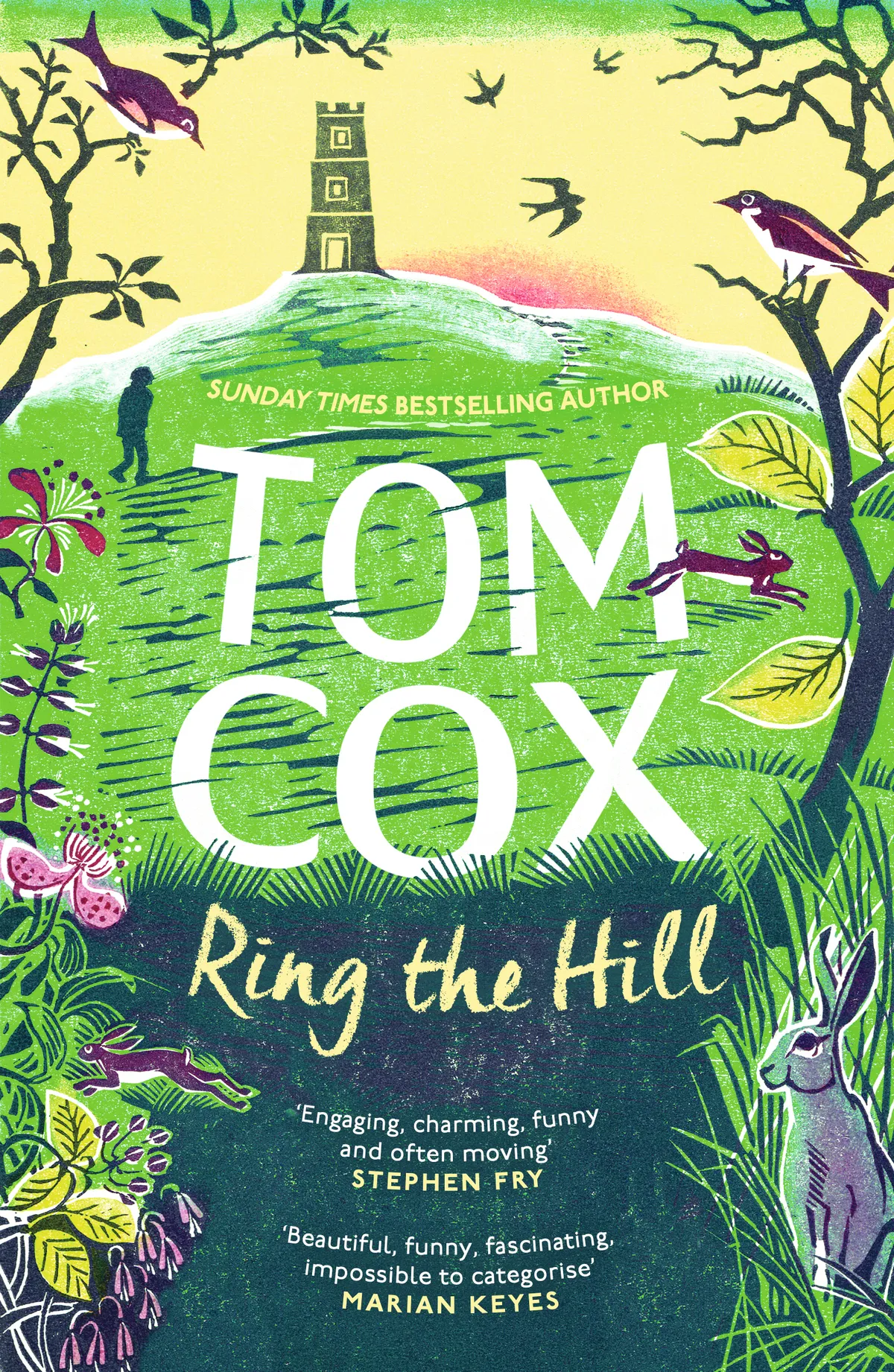
Ring The Hill is a book about walking in nature, in which “the stories somewhat mirror the digressive rhythms of walks themselves”. Each chapter takes a type of hill – a knoll, a cap, a cliff, a tor – as a starting point for an intimate, and at times laugh-out-loud funny, exploration of nature, landscape, folklore and much more.
Feel Better in 5: Your Daily Plan to Feel Better For Life
By Dr Rangan Chatterjee. Published by Penguin Life.
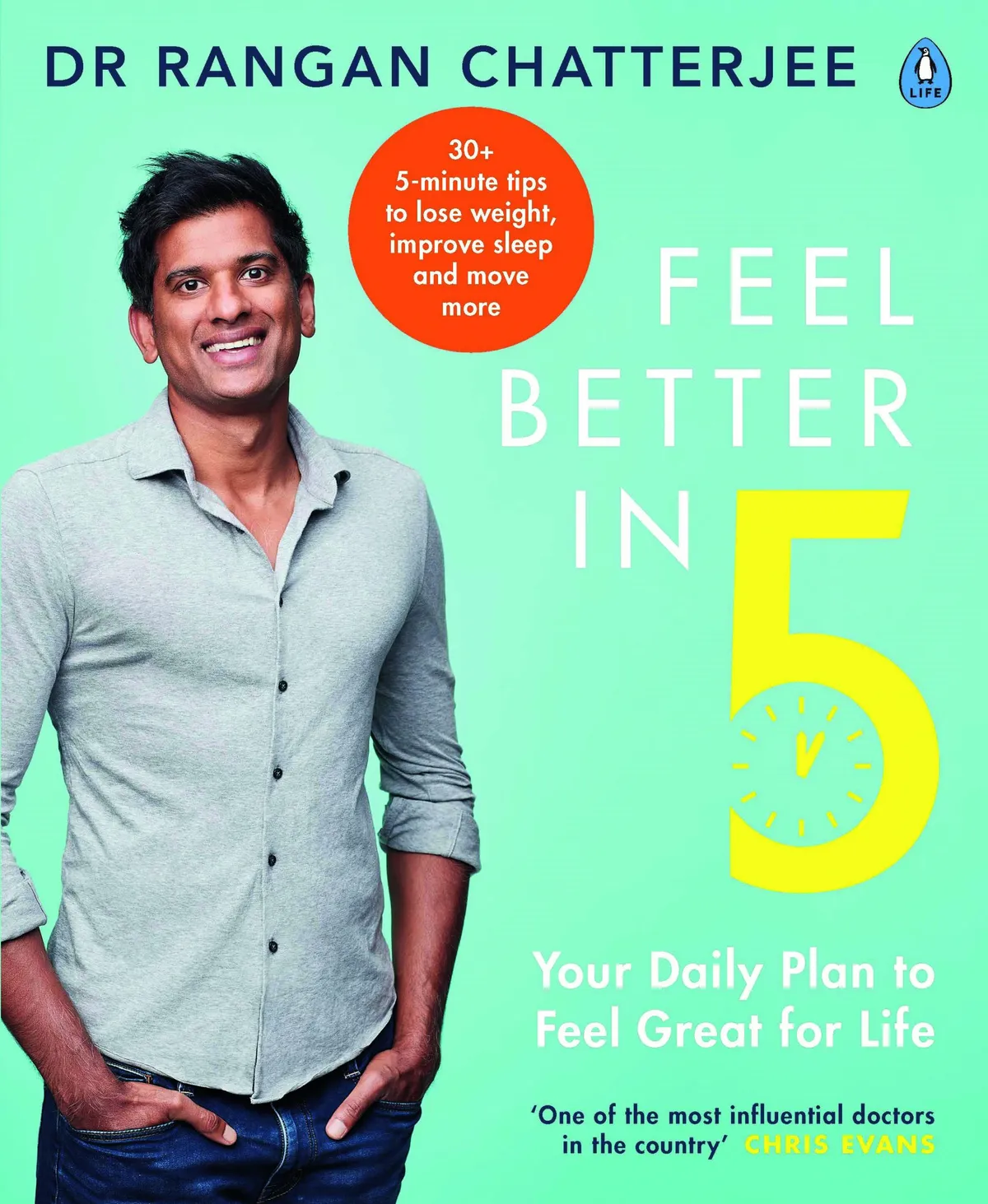
Stress and wellbeing expert Dr Rangan Chatterjee’s latest book is full of quick and easy ways to feel healthier in mind and body, with his ‘micro-prescriptions’ including time spent in nature, simple mindfulness practices and easy-to-do-at-home exercises.
Losing Eden: Why Our Minds Need The Wild
By Lucy Jones. Published by Allen Lane.
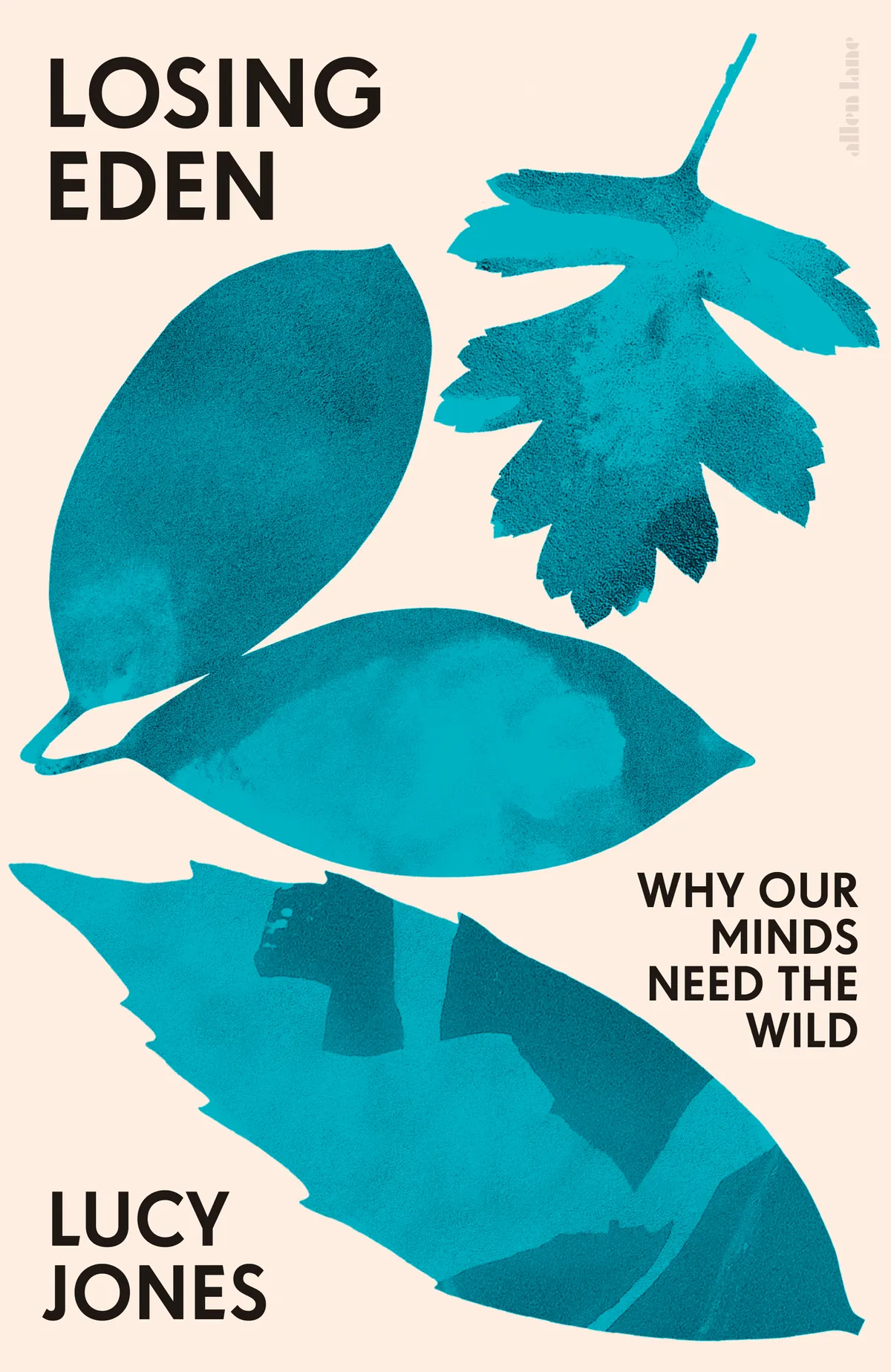
In this book, Lucy Jones discusses the importance of nature for our well-being, what ecological grief is, and how our disconnect from the natural world can be tackled. An extract from BBC Wildlife's interview with Lucy in the April 2020 issue:
“Spending time in a natural environment can reduce stress, boost our immune systems, curb worry or anxious thoughts, lower inflammation, relax the nervous system, enhance recovery, expose us to important micro organisms that may have antidepressant-like effects, as well as provide opportunities for awe, calm, focus, happiness and psychological restoration.
As one scientist put it to me, it’s like a club sandwich. We all know intuitively that many of us feel better after a walk in the woods or by the sea but I wanted to find out how and why it works. What is the mechanism? My mind was blown by the variety of evidence – multiple mechanisms! – I found while researching Losing Eden.”
The Natural Health Service
By Isabel Hardman. Published by Atlantic Books.
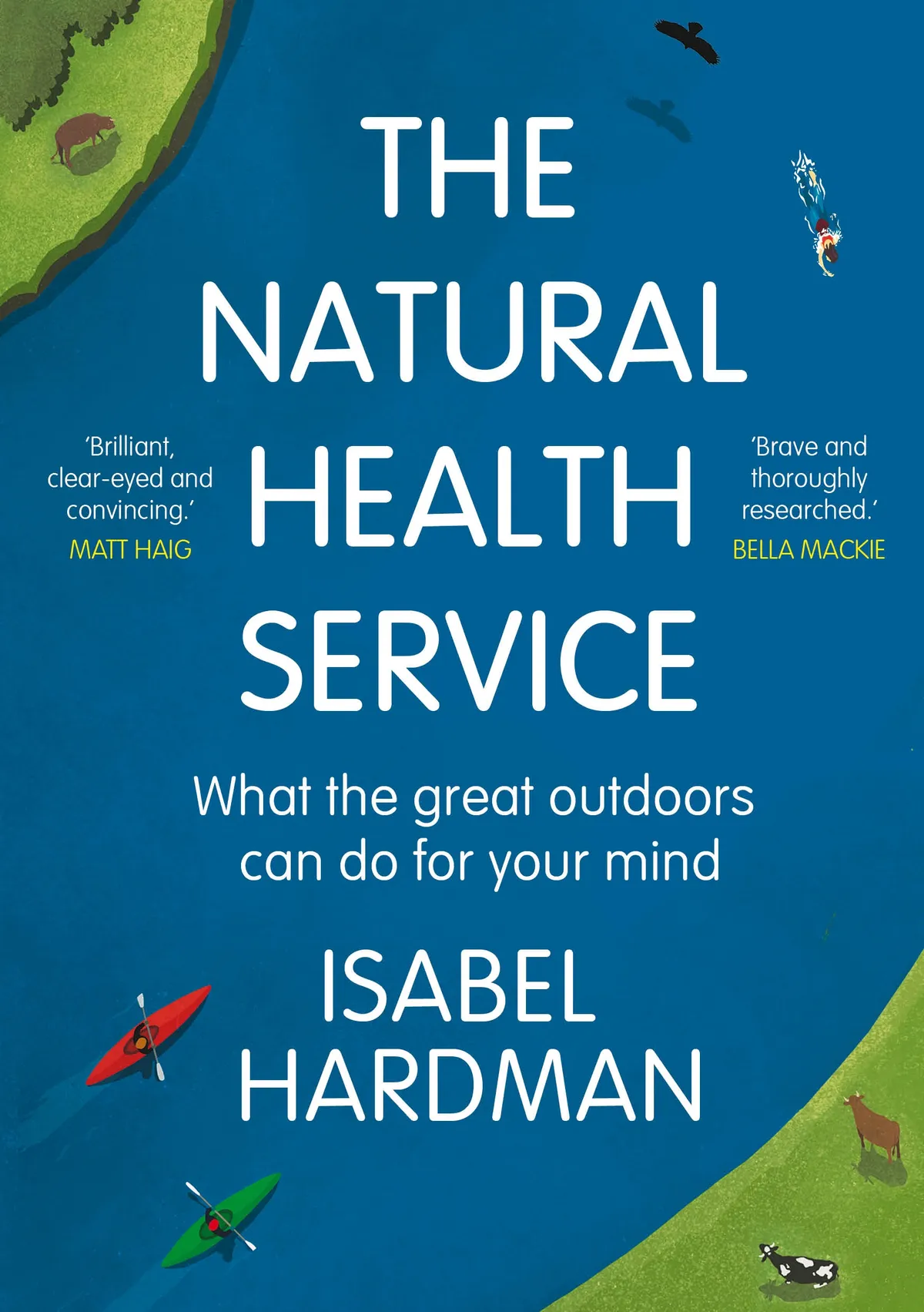
Personally, this book has been long-awaited. Hardman can write anything from a political briefing to describing a wildflower with class and flare, and The Natural Health Service doesn’t disappoint. ‘Mental health and nature’ is a popular topic (crowded? Perhaps), but Hardman brings an interesting political angle.
She discusses several mental illnesses, including depression, PTSD and anorexia. The narrative is personal, honest, even raw, and she tells her story and those of others without apology, combining a down-to-earth style with wit, authenticity, research and a touch of campaigning: the last chapter is a manifesto.
This is a highly relatable book for anyone who has suffered from (or has supported someone with) a mental illness. More, she provides one of the most compelling arguments for prescribing nature and how to make it accessible for everyone.
Reviewed by Lucy McRobert, nature writer
Grounded
By Dr Ruth Allen. Published by Wellbeck Publishing Group.
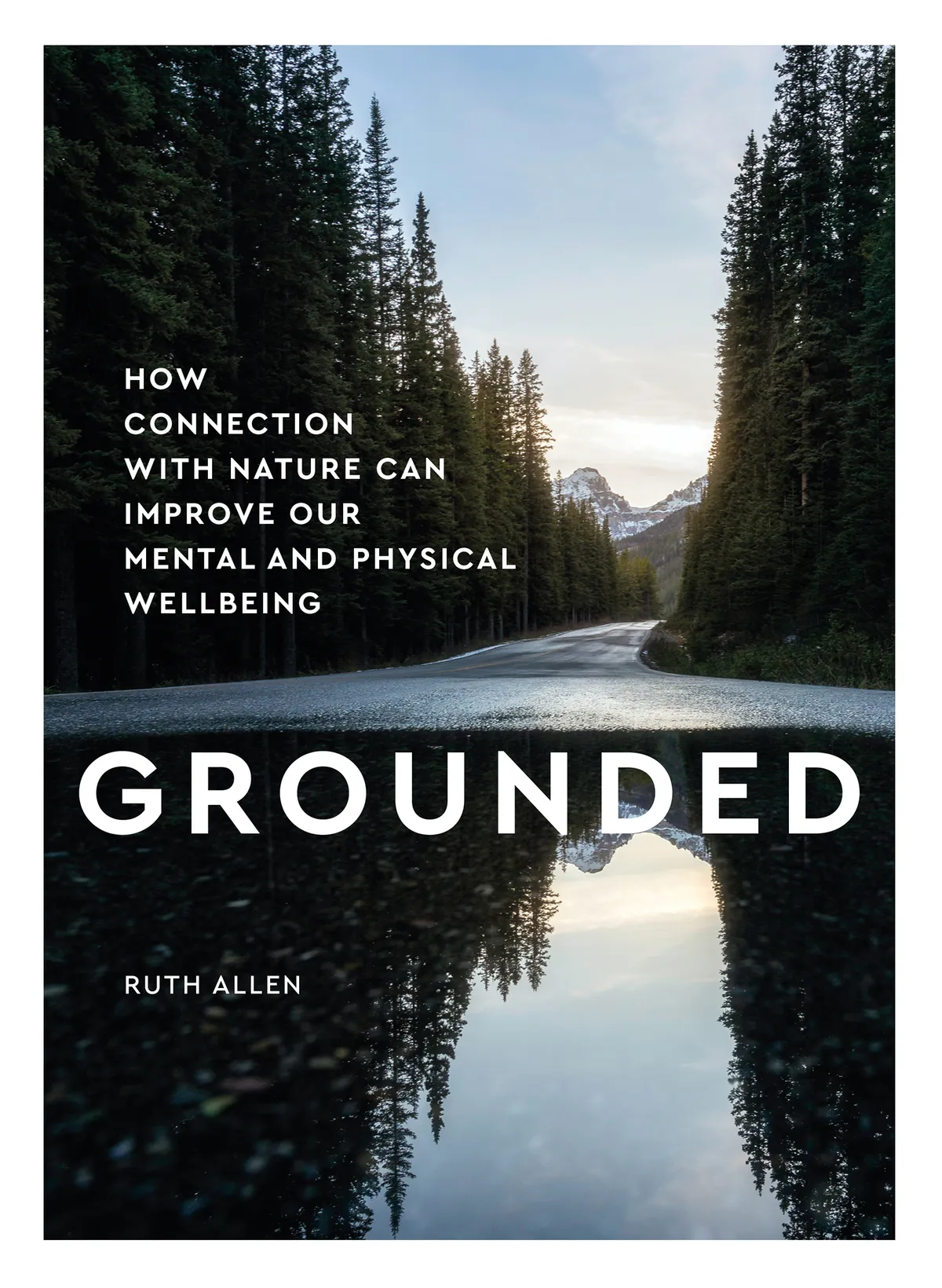
Motivated by a period of intense grief, confusion and disconnect with herself and the natural world she so loved, Dr Ruth Allen has written a beautiful, practical book, using her experience as a scientist and therapist to testify how returning ‘home’ to nature is the ultimate form of self-care.
Incorporating personal anecdotes with peer-reviewed research, Allen outlines easy exercises for readers to incorporate into daily routines. From ‘green exercise’, to stillness, breathing techniques and solitude, she gently encourages readers that an innate relationship with nature exists within us all and can be rekindled on a path to ‘grounding’.
She describes nature as a teacher - no matter our past or present experience. She writes of how easily we can learn from nature: its ability to operate in the present moment, to go with the flow, hold no prejudices and how we can take comfort in its rhythms and rituals.
This is a timely and reassuring book. One to keep on the bedside table and return to again and again.
Reviewed by Sophie Pavelle, zoologist and author
The Stubborn Light of Things
By Melissa Harrison. Published by Faber.
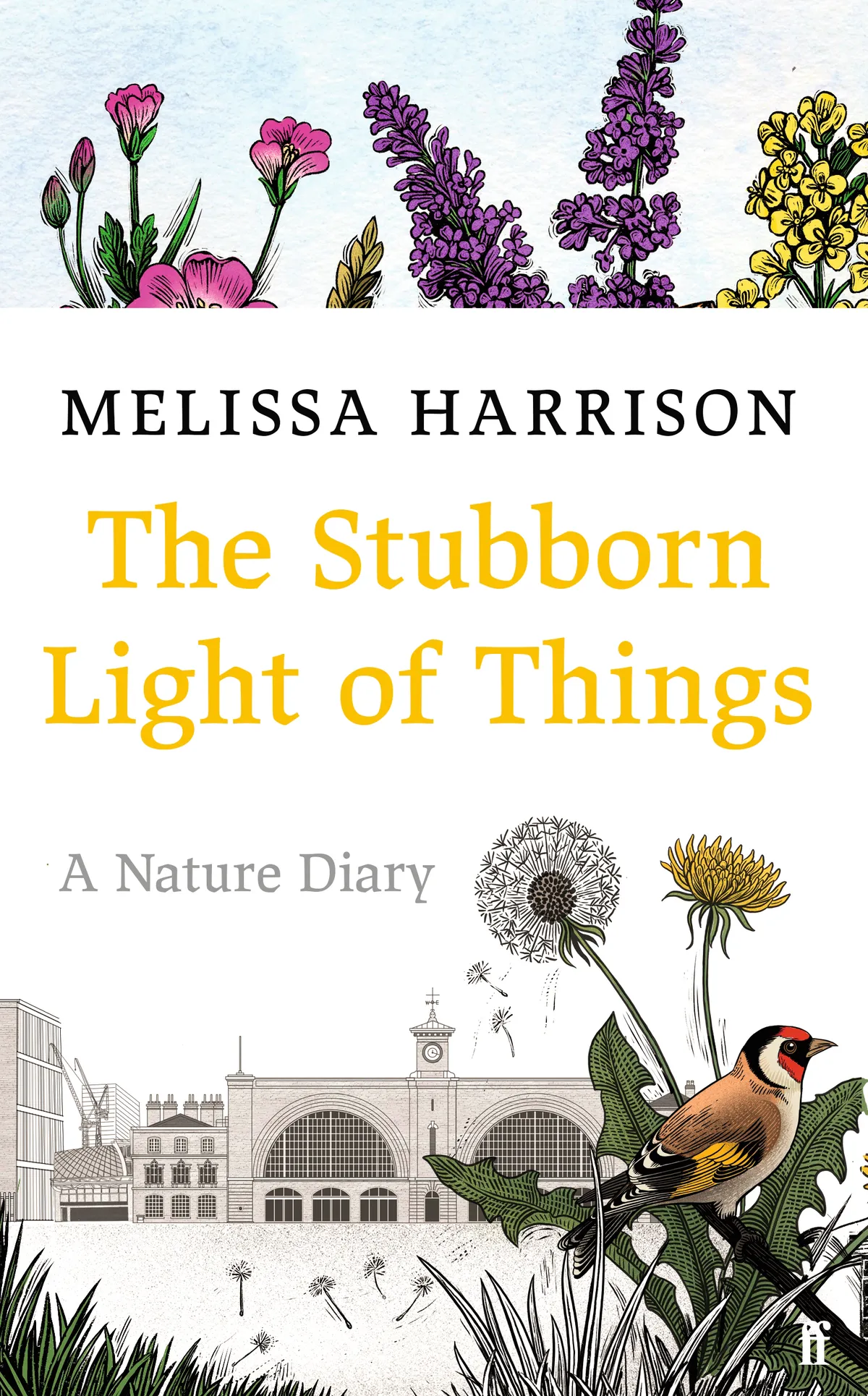
From cockney sparrows to hybrid crocuses, there’s something for every flora and fauna enthusiast in Melissa Harrison’s latest book. This collection of Harrison’s Nature Notebook entries for The Times provides an insightful timeline and comparison of nature in the city and countryside, as she transitions from the hustle and bustle of the capital to rural Suffolk’s countryside.
Filled with an array of species and local references, it may not quite relate to readers who are unfamiliar with them. But this inspirational book will still make you want to invest in a pair of binoculars and a magnifying glass, ready to explore the nature on your doorstep.
Reviewed by Chloe Petrylak, nature writer
Secrets of a Devon Wood
By Jo Brown. Published by Short Books.
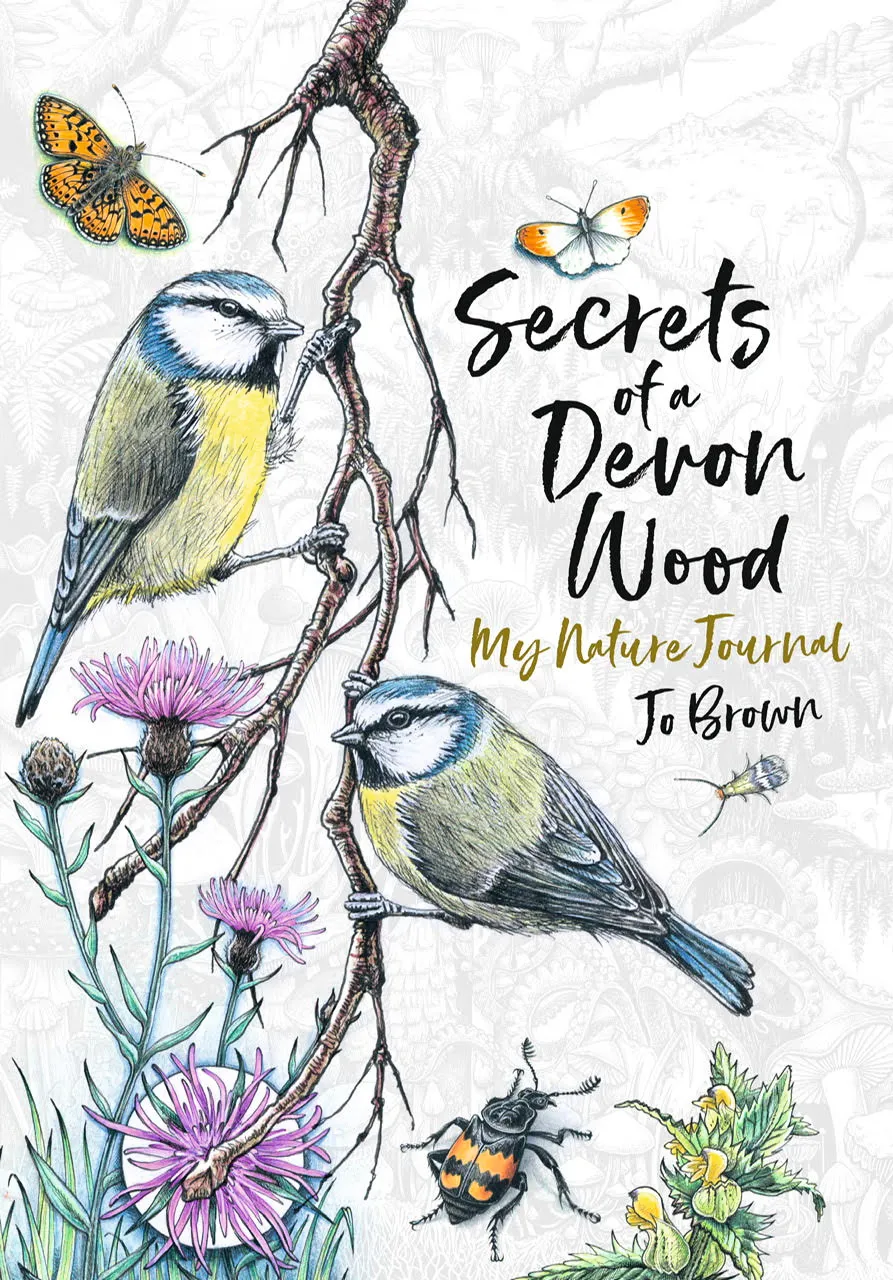
Having followed Jo Brown’s beautiful artwork on Twitter, it was a delight to discover that Short Books would be publishing them. Beginning in spring 2018, and coming up to spring 2020, nature lover and professional artist Brown started recording the wildlife species she was spotting in the wood behind her home in Devon. There’s a wide variety of species covered, from tiny scarlet elf cups and mating leopard slugs, to great spotted woodpeckers.
The pages are an exact replica of her notebook, with gorgeous illustrations that seem ready to bloom, crawl or fly off the page, surrounded by helpful annotations on identification features, life-cycles and behaviours.
Reviewed by Megan Shersby, editorial and digital co-ordinator, BBC Wildlife
Main image: Woman reading a book outdoors. © Atsushi Yamada/Getty
